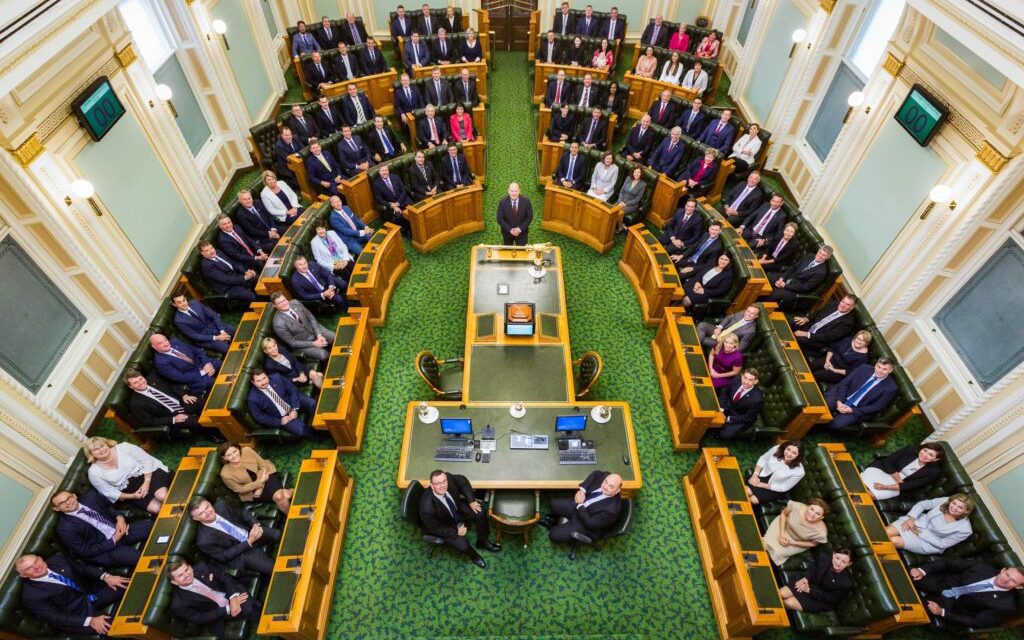The majority of Australian states have introduced significant legislative modifications since 2000 with regards to termination of pregnancy: however in NSW and Queensland, the legislation and specifically the offences, are more than 100 years old.
In June 2018, the Queensland Law Reform Commission (‘QLRC’) released a review commissioned by Government on termination of pregnancy (abortion) laws in Queensland. The report included a comprehensive consultation process and is found here. As a component of this review, the QLRC wrote draft legislation to decriminalise abortion in Queensland. The Government intends to introduce the legislation in Parliament with few if any amendments from the QLRC draft.
The draft legislation is mostly procedural. It removes legislation currently in force that notionally criminalises abortions. The current legislation does not reflect the reality in Queensland as abortion is widely available, made functionally legal by a court case in 1986 that reinterpreted the current legislation. One point of distinction is the new legislation does not require a ‘ground’ for an abortion, such as mental health or physical health of the mother or the foetus.
This change is a reflection of the reality of abortion in Queensland today and takes into consideration the stances of multiple representative health and human rights organisations including the United Nations treaty bodies who have urged that laws criminalising termination should be removed and that barriers to access safe termination should be minimised.
There are two proposed changes in the draft legislation that should be called out as they make real changes to the practicalities of abortion in Queensland:
(1) Safe Spaces
The new legislation includes provisions for “safe spaces” around abortion clinics. Safe spaces prevent campaigners from harassing and intimidating patients and medical/allied health professionals while entering and leaving abortion clinics.
Similar legislation for safe spaces was passed in June 2018 in New South Wales.
(2) Conscientious Objectors
The new legislation explicitly allows for medical professionals and pharmacists to refuse to provide services relating to abortions, including dispensing of the “morning after pill”. However, a conscientious objector is obliged to refer a patient seeking an abortion to another medical professional or pharmacist who they believe will provide abortion services for the patient. Also, in an emergency a conscientious objector must provide abortion services in a medical emergency.
Importantly, this draft Bill when tabled in Parliament can provide an opportunity to discuss contributing factors in the decision-making process for women. This includes the availability of before and after support including housing, current adoption and fostering policies and the need for holistic clinics that provide a range of services before and after pregnancy, regardless of their decision.
Should you have any concerns or comments regarding this draft Bill, please email noosa@parliament.qld.gov.au
NB – The draft Bill can be found at page 311 of the QLRC Report.

